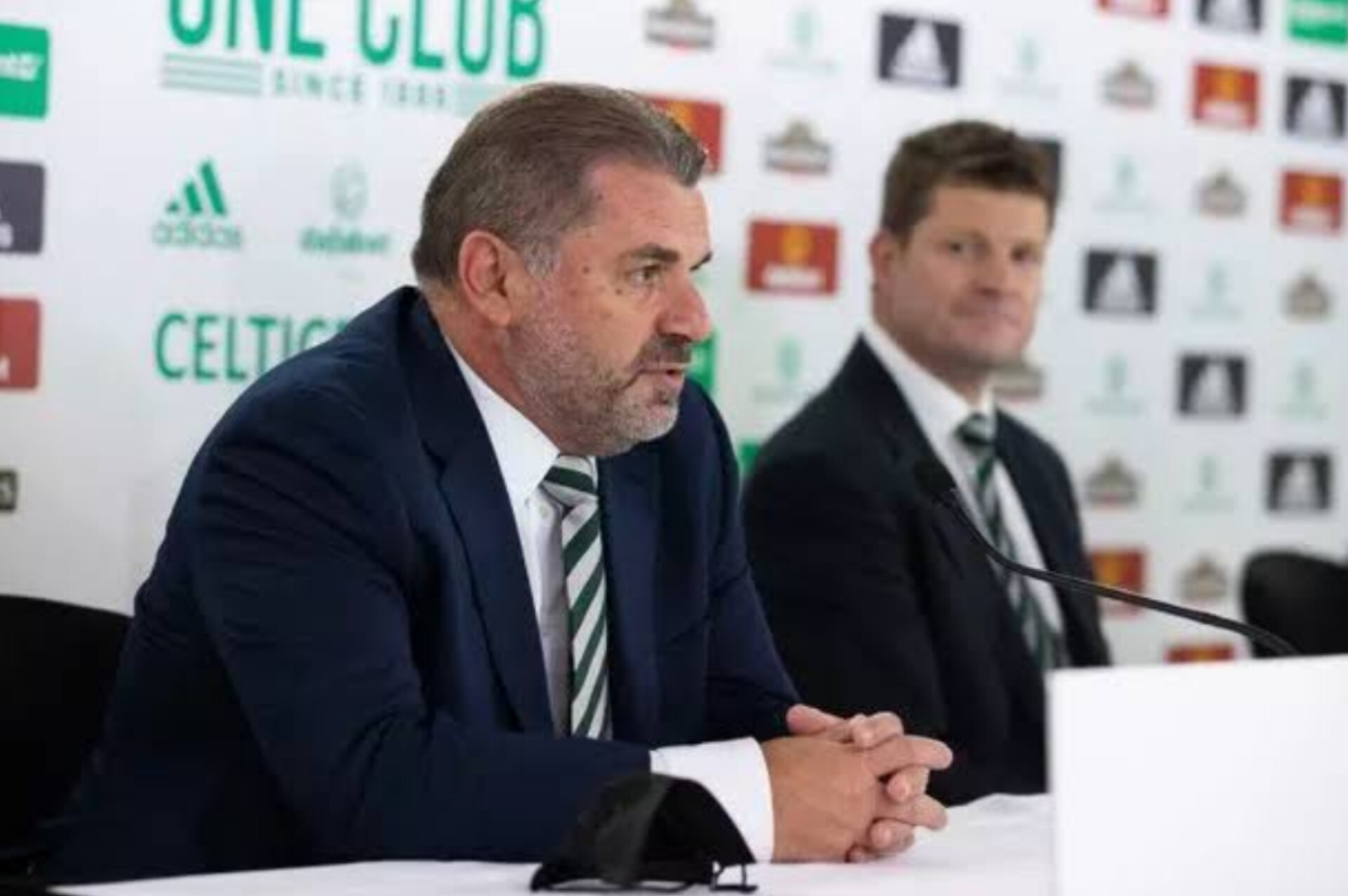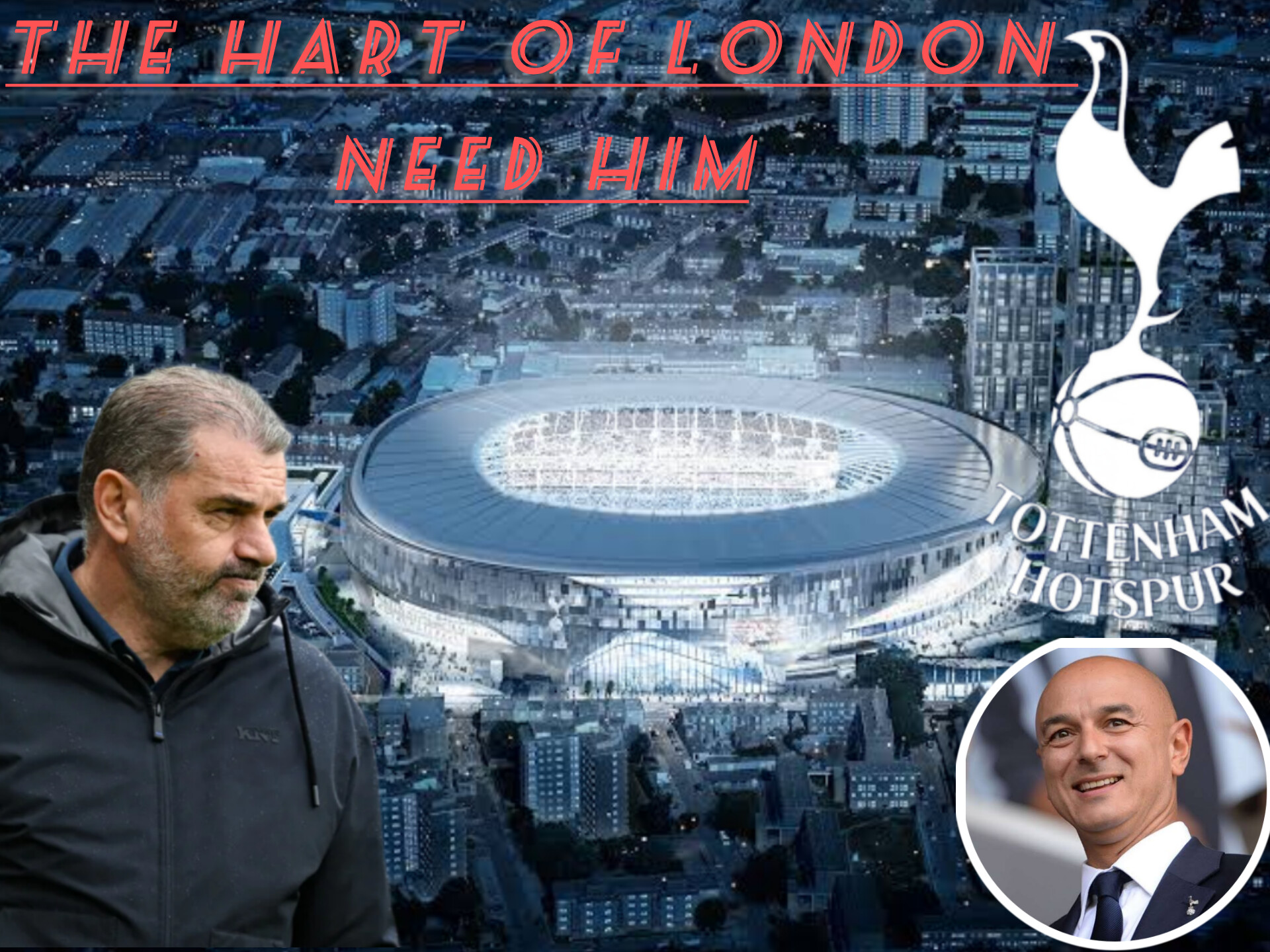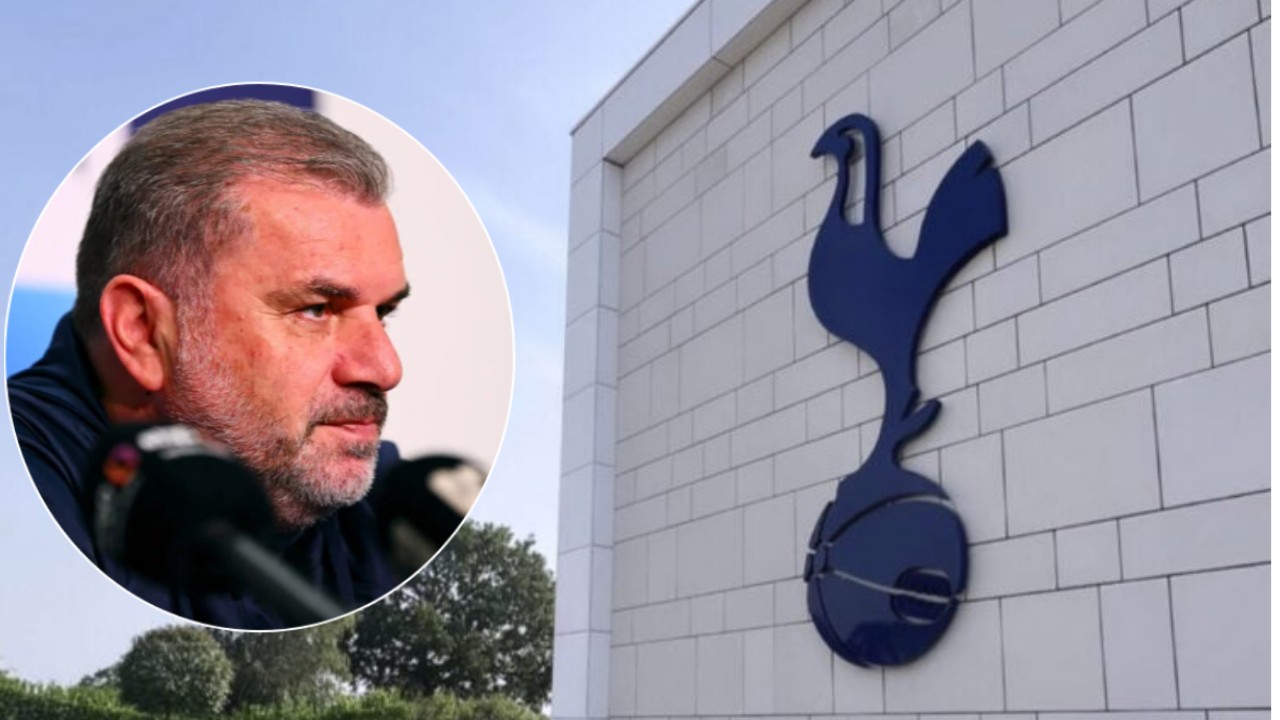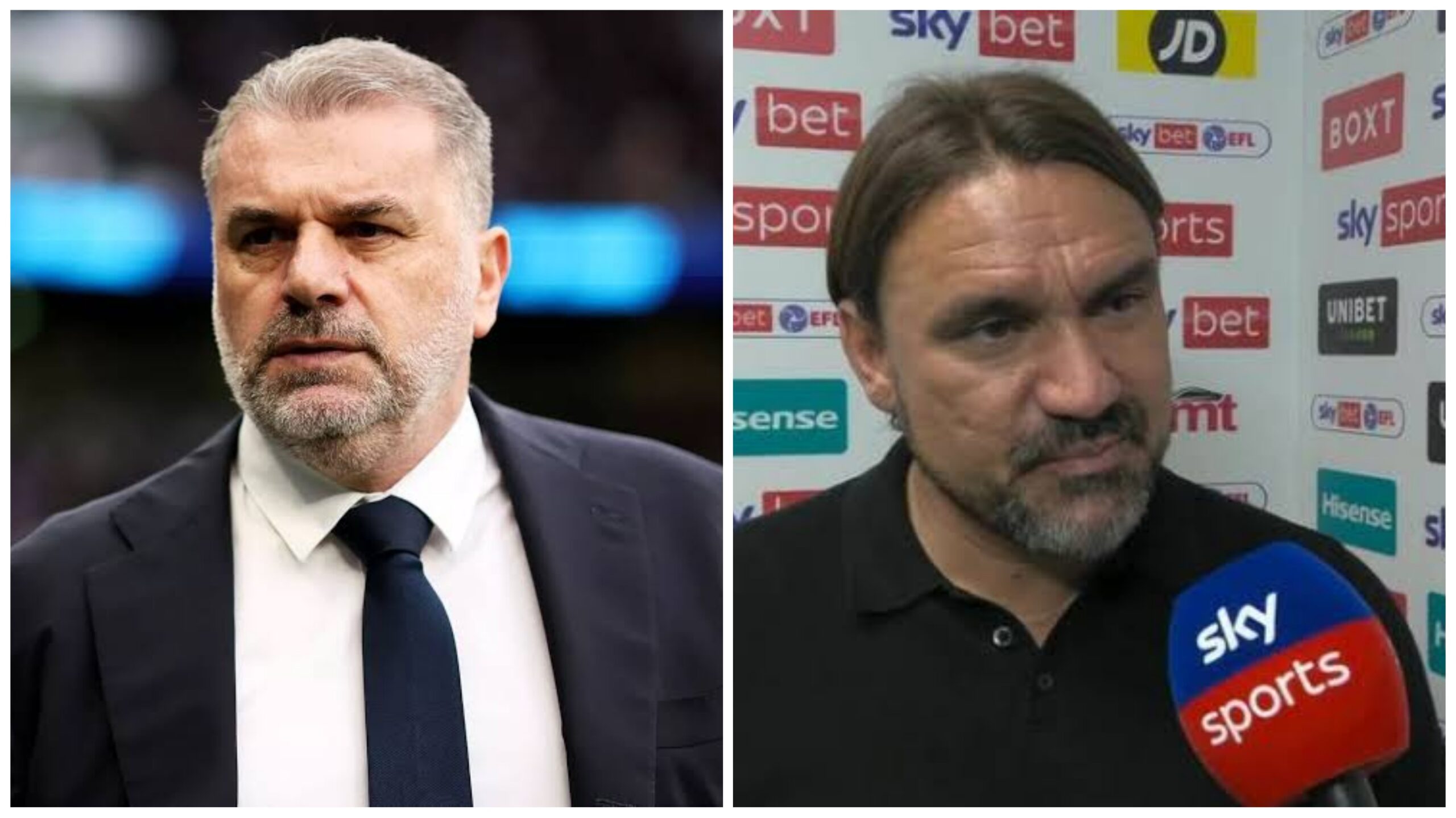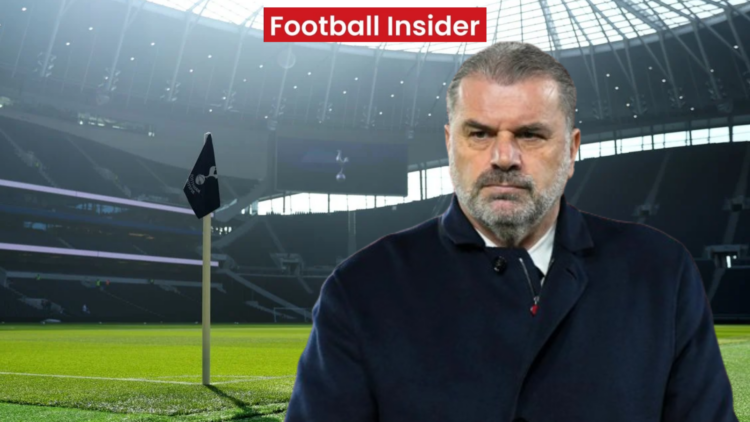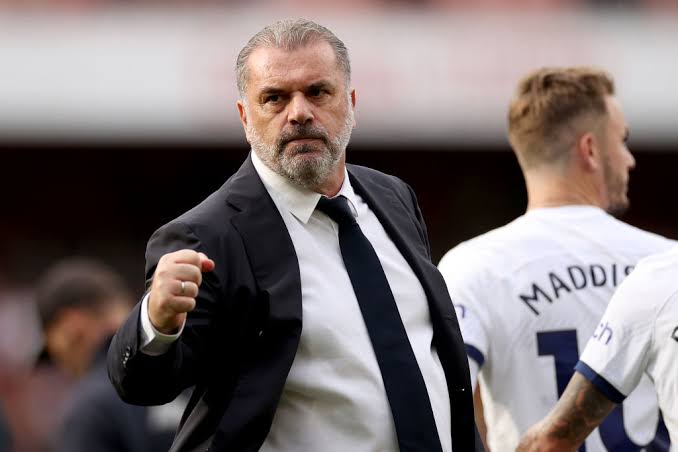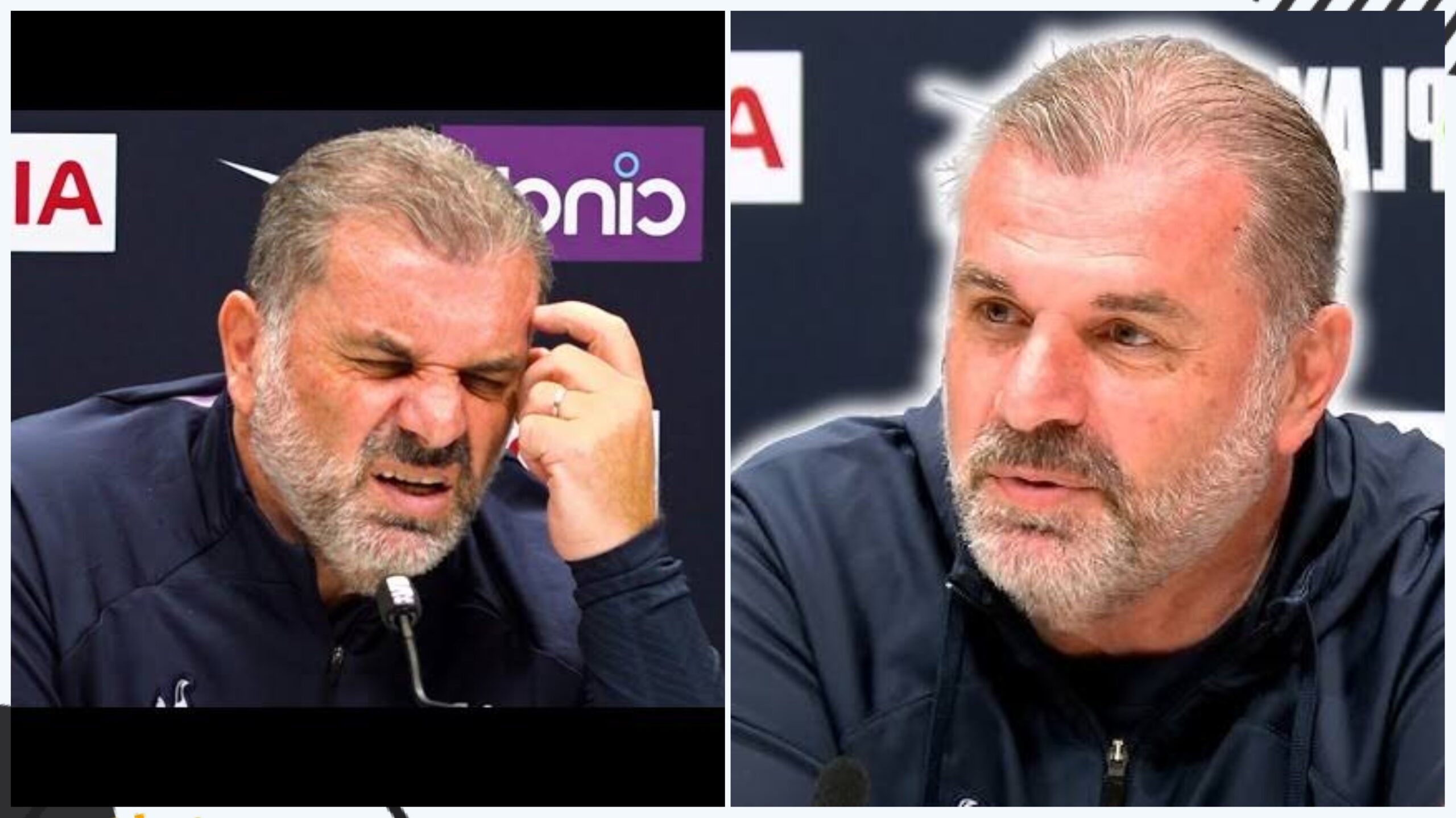Only Tottenham Hotspur could squander the momentum of five consecutive victories and an impressive first half by collapsing in a mere 18 minutes on the south coast.
Spurs entered the match riding high on their recent success, having scored 13 goals and conceded only three in their previous five wins. By halftime on Sunday, they had extended their tally to 15 goals in six games. However, as the final whistle blew, manager Ange Postecoglou was livid.
He made his displeasure clear to the players, and his post-match interviews at the Amex Stadium were notably brief and terse. His club interview lasted a mere 76 seconds, with only the press conference allowing for slightly more elaboration over about eight minutes of questioning.
The day should have unfolded differently. Tottenham arrived at Brighton brimming with confidence from their winning streak. In the first half, they dominated their hosts, with Brennan Johnson, Timo Werner, Dejan Kulusevski, and James Maddison wreaking havoc in and around Brighton’s penalty area. Dominic Solanke orchestrated play from deeper positions, reminiscent of his performances for England.
Spurs pressed aggressively, regaining possession 18 times in the opening 45 minutes. Brighton’s first-half display was so poor that their own player, Danny Welbeck, described it as “embarrassing” as Tottenham repeatedly breached their defense.
The first half was a joy to watch for Tottenham fans. Within 18 seconds, they nearly took the lead when Solanke released Werner down the left, but his cross was just beyond Johnson’s reach as he slid into the six-yard box.
Kulusevski then had a chance blocked at the last moment. Six minutes in, captain Cristian Romero found Maddison with a long ball, but despite excellent control, Maddison’s half-volley was stopped by a brilliant sliding tackle from Adam Webster, who later left the field injured.
Werner had a shot deflected wide before heading a Pedro Porro cross that Bart Verbruggen saved, only for it to hit Maddison and barely cross the line. However, Porro was marginally offside in the build-up.
Johnson then scored his sixth goal in as many games. Maddison won the ball in Brighton’s half with help from Destiny Udogie, fed Solanke, who played a perfect pass to the Welsh international. Johnson swept home a first-time finish into the bottom left corner, continuing his recent scoring streak.
This goal made the 23-year-old the first Spurs player to score in six consecutive games since Harry Kane over five years ago. Johnson has already surpassed his goal tally from last season, despite it only being early October.
Just after the half-hour mark, Welbeck missed a chance that should have served as a warning, sliding wide from six yards after an excellent cross from Kaoru Mitoma.
Five minutes later, Spurs scored again. They navigated Brighton’s press well, with Porro curling a ball to Solanke, who held off a challenge and passed to Werner. The German faked a cross before laying it off to Maddison, who cut inside and scored with a low shot that bounced through Verbruggen’s hands.
Welbeck had another chance with a difficult header from Ferdi Kadioglu’s cross, but Tottenham could have sealed the game in the 43rd minute. Romero and Solanke combined brilliantly, with the latter flicking the ball to Kulusevski, who played Johnson through. However, Johnson’s powerful shot went just over the bar.
Spurs entered halftime in a commanding position, having thoroughly outplayed their hosts.
Brighton manager Fabian Hurzeler made a key substitution at halftime, replacing Kadioglu with Pervis Estupinan, who had struggled against Johnson and Kulusevski.
However, Tottenham’s generosity helped Brighton as they began making errors from the restart. Pedro Porro allowed Mitoma to get behind him and signaled Romero not to cover. Mitoma’s bouncing cross was missed by Micky van de Ven, and Udogie’s clearance attempt rebounded off his leg to Yankuba Minteh, who scored.
The early second-half goal changed the game’s dynamics. Brighton’s fans were energized, the home team regained confidence, and Tottenham’s players began to falter.
This was when Spurs needed leadership, but it was lacking. Only goalkeeper Vicario showed composure, making a low save from Mitoma shortly after Brighton’s first goal.
Tottenham could have scored a third, but Kulusevski’s low cross was just beyond Solanke’s reach as he charged into the six-yard box.
In the 58th minute, Spurs displayed the fragility many thought they had overcome this season. Brighton found it too easy, with Mitoma given too much space between Bentancur and Romero. Romero’s weak challenge was ineffective.
The ball was passed to Georginio Rutter, who had run between Van de Ven and Udogie. Udogie’s half-hearted challenge only pushed Rutter inside, allowing him to score past Vicario. Postecoglou shook his head on the touchline.
This seemed like the moment for Postecoglou to make changes from the bench to shift the momentum, but he didn’t. Known for his observant rather than reactive coaching style, Postecoglou usually makes calculated decisions and gives instructions to his players. However, those decisions didn’t come on Sunday.
Bentancur became a spectator despite having rested midweek in Budapest. The attacking players struggled to receive the ball as Spurs failed to progress up the field.
Postecoglou’s bench options were limited due to injuries to key players like Son, Richarlison, and Odobert, but changes were needed. Whether introducing Yves Bissouma or Pape Matar Sarr, or replacing the struggling Udogie with Djed Spence, something had to be done.
Spence, though not registered for the Europa League, had been left at Hotspur Way to prepare in case Udogie couldn’t recover from his quad problem. Yet, he never entered the game despite Udogie’s clear second-half struggles. Both Romero and Porro looked fatigued from their midweek exertions in Hungary, but neither the rested Spence nor Radu Dragusin were called upon. Even Van de Ven seemed off-pace at times.
Even introducing young, energetic players like Archie Gray, Lucas Bergvall, or Mikey Moore might have changed the game’s flow.
Instead, Postecoglou went against his usual approach and played it safe, which was precisely the wrong move at that moment.
His team couldn’t repay his misplaced faith, and eight minutes later, Brighton scored again after more errors from the same players.
Rutter received a throw-in from Joel Veltman, outmaneuvered Udogie, and nutmegged him despite initially moving away from goal.
Bentancur could have won the next ball but passively allowed it to nearly go out of play. Rutter, showing determination, slid to cross into the six-yard box while Bentancur complained about a non-existent foul.
Romero seemed distracted, initially grabbing Welbeck but then inexplicably moving away. When the cross came in, he turned in panic, realizing he had left the Brighton striker free to head into the net.
This goal epitomized everything wrong with Tottenham’s second-half performance: weak in challenges, lack of concentration, and players seemingly distracted by thoughts of upcoming international duties.
The senior players failed to provide leadership when it was most needed. Romero and Maddison muttered to themselves, Bentancur complained about a phantom foul, and Spurs looked devoid of inspiration.
Postecoglou’s post-match explanation for not making earlier substitutions was unconvincing. He claimed that substitutions were irrelevant if the team wasn’t competitive, stating that they didn’t deserve anything from their second-half performance and that he didn’t want to be “falsely rewarded.”
This response seemed more about conveying a message than making sense. Surely, he would have preferred three points and being five points off the top rather than eight, even if undeserved. Winning and addressing problems later would have been preferable to losing all three points to make a point to the players.
As the second half progressed, Spurs created little. Werner shot over the bar, Udogie had an effort saved, and Moore made some promising runs after coming on late, but Brighton looked more threatening.
Postecoglou criticized the team’s lack of competitiveness, saying they failed to do the basics required at the highest level. He emphasized that the manner of losing was unacceptable, marking the first time since his arrival that they had lost in such a way.
When asked about potential complacency, Postecoglou insisted that the reason didn’t matter and that it was simply unacceptable. He took responsibility for addressing and fixing the issues.
Maddison described the match as “a game of two halves,” admitting that they dealt poorly with Brighton’s early second-half goal and couldn’t weather the storm. He stressed that 45 minutes of good play isn’t enough in the Premier League, where teams are too good to allow complacency.
This collapse will feel familiar to Spurs fans. Opta pointed out that this was the 10th time Tottenham had lost a Premier League game after leading by two or more goals, more than any other club in the league’s history. However, most of these occurred before Postecoglou’s tenure.
Context is important. Spurs came into the game on a five-game winning streak and had an excellent first half. A young team going through rebuilding is bound to have occasional poor performances.
Postecoglou bristled at suggestions of overconfidence, emphasizing that they had won five games, not just had a couple of positive results. He insisted that they had failed to do the basics that had brought them success so far.
While this defeat will likely be exaggerated due to its painful nature, it should be viewed in the context of Tottenham’s overall good performances this season.
What frustrates Spurs fans and invites mockery from pundits are Postecoglou’s pre-match comments. When asked about controlling the game, he had quipped about keeping it open to entertain everyone, a statement that backfired when Tottenham lost their two-goal lead.
Postecoglou often emphasizes entertainment in football, but he also wants Spurs to control matches. This pre-match answer was a crowd-pleasing remark that didn’t age well.
Ultimately, the game was lost through individual mistakes, lack of on-field leadership as Brighton gained momentum, and Postecoglou’s reluctance to use his bench to change the game’s flow.
After the game, Postecoglou stressed that while losing happens in football, the disappointment stemmed from failing to meet the basic competitive standards expected at the highest level. He emphasized that competitiveness is the core of elite sport, and without it, talent alone isn’t enough to succeed.
